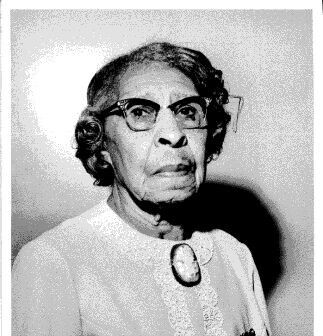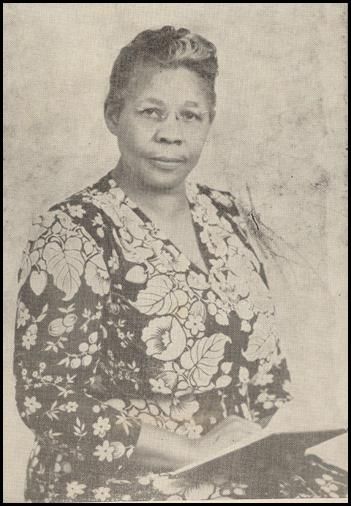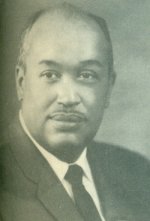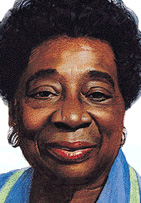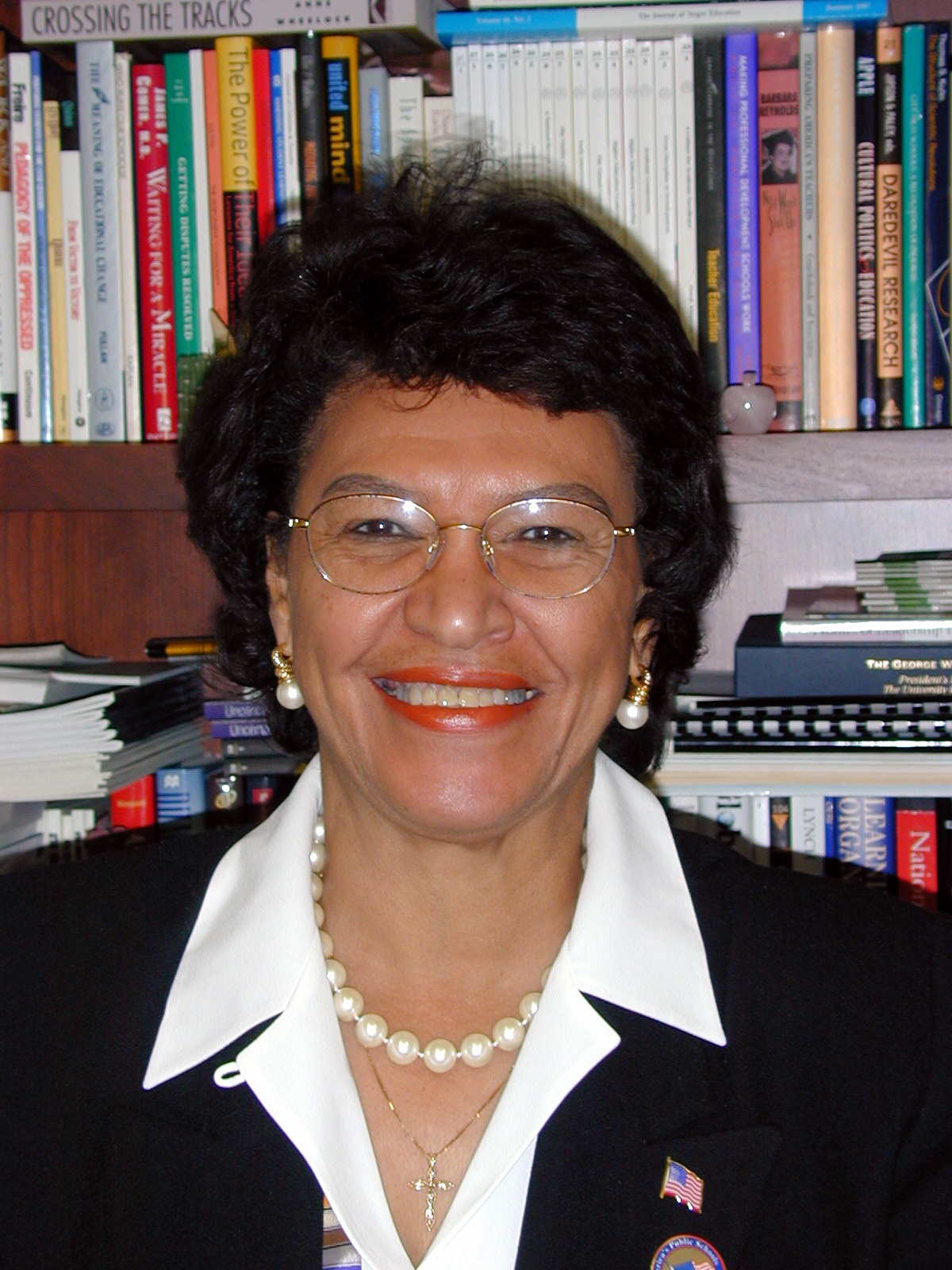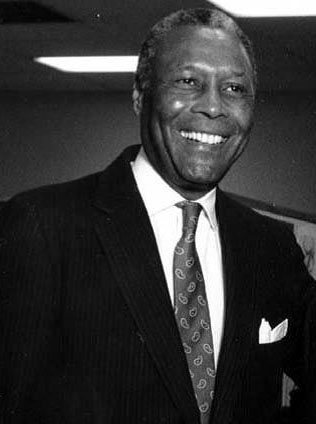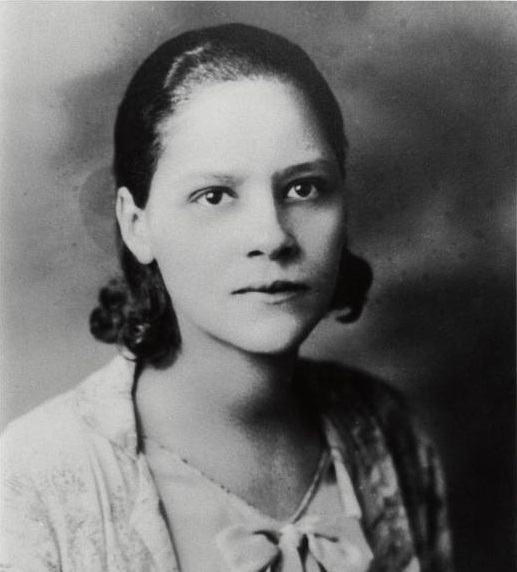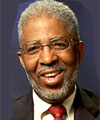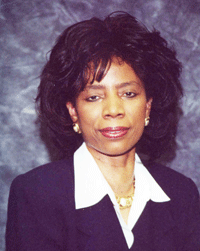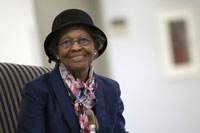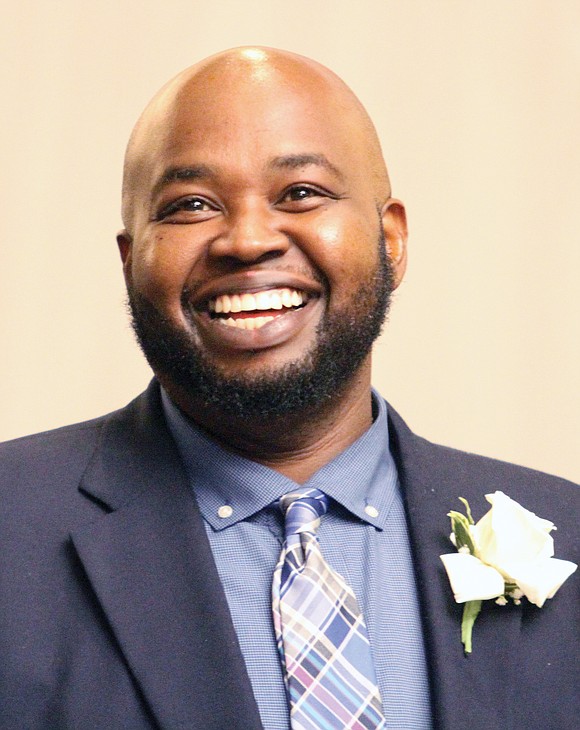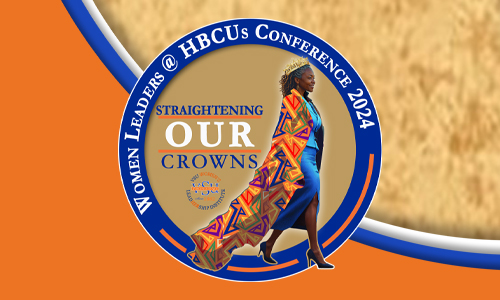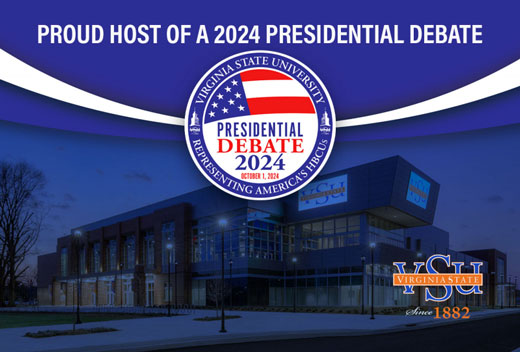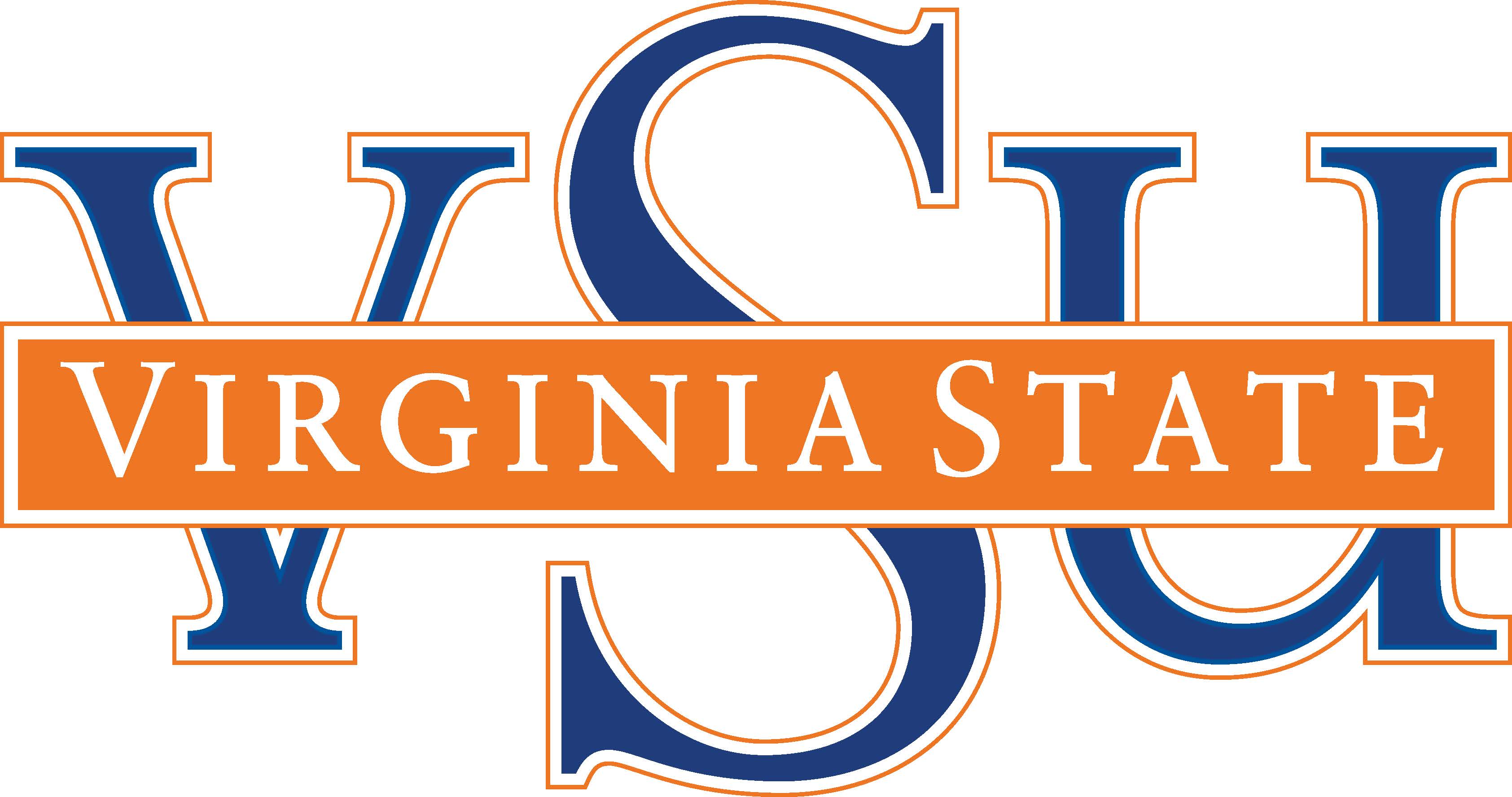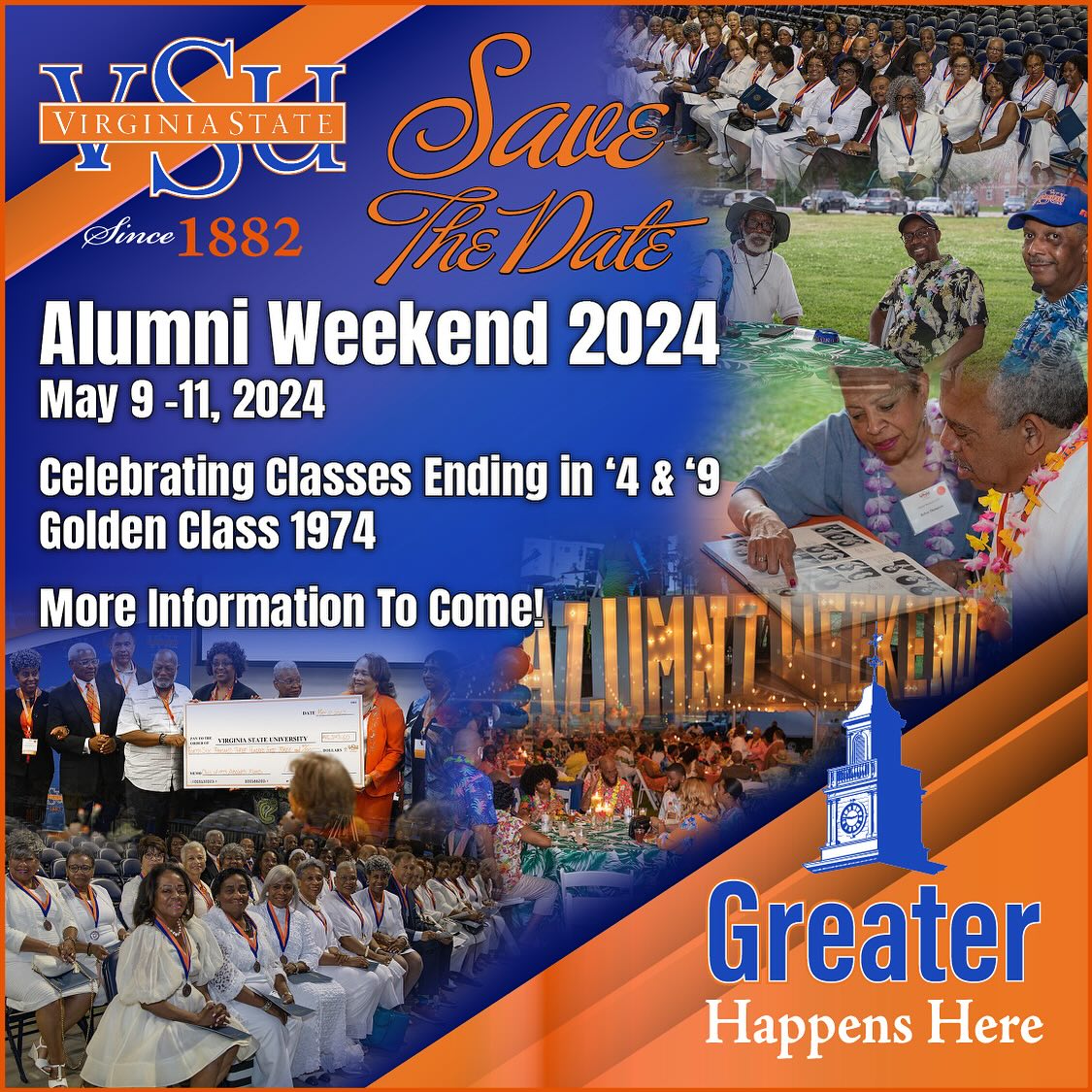VSU recently announced that its Women's LeadHERship Institute has curated a two-day national summit on Monday, June 24 and Tuesday, June 25 to refresh, applaud, and unite women leaders at Historically Black Colleges and Universities.
The conference's theme, "Women Leaders @ HBCUs Conference 2024 – Straightening Our Crowns to Cultivate Transformative Leaders: Unsung Heroines of HBCUs," will illuminate the transformative leadership and indomitable spirit of women trailblazers within HBCUs. Through collaboration, celebration, and candid dialogue, the goal is to inspire leaders of today and tomorrow to straighten their crowns and elevate the legacy of excellence and resilience inherent in the HBCU community.







